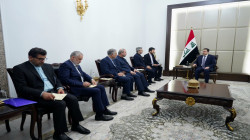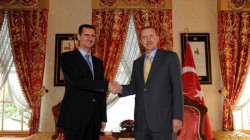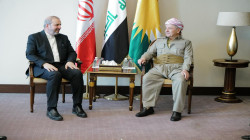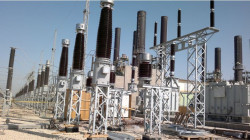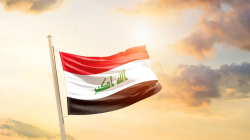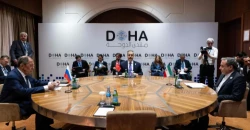Impact of Iraq-Turkiye security agreement on Iranian influence
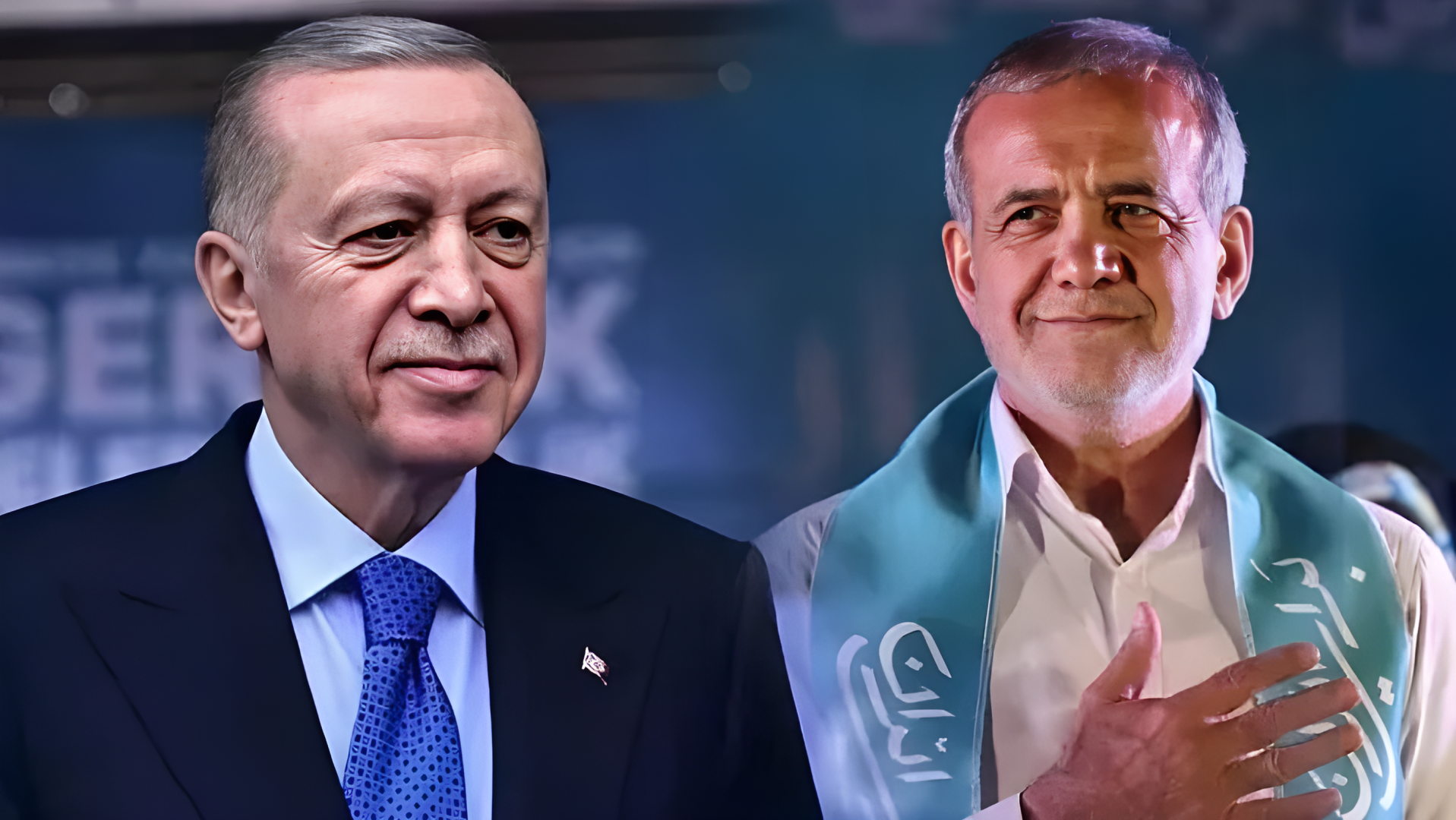
Shafaq News/ The recent security agreement between Iraq and Turkiye has sparked significant discussion about its potential impact on regional dynamics, particularly concerning Iranian influence in Iraq.
The agreement highlights Turkiye's long-standing goal of countering the Kurdistan Workers' Party (PKK) and Iraq's desire to secure water resources and stimulate economic growth.
The American Stimson Center has reported that Iraq's neighbors, Turkiye and Iran, have historically competed for influence within Iraq. The recent memorandum of understanding (MoU) was signed in Ankara following a visit by Turkish President Recep Tayyip Erdoğan to Iraq in April. By designating the PKK as a banned organization, Turkiye seeks to legitimize its cross-border military operations and enhance its role in Iraqi politics and security.
According to the report, Turkiye, which has opposed the aspirations of its significant Kurdish minority, has conducted military incursions targeting the PKK since the 1980s. By labeling the PKK as a "common threat" and "banned organization," Turkiye aims to legitimize its anti-terrorism campaign and elevate its military actions.
However, the agreement has faced criticism, particularly from Iranian-backed Iraqi factions. The MoU is partly driven by a "strategic water agreement" between Iraq and Turkiye, addressing a longstanding issue of water disputes. Baghdad claims that Turkish dams have reduced its water supply, while Ankara argues that Iraq needs to update its outdated irrigation infrastructure for better water management.
In addition, the security MoU coincides with a $17 billion economic project between Turkiye and Iraq known as the "Development Road", which aims to create a significant corridor between Asia and Europe through Turkiye. This project could allow Turkiye to strengthen its economic foothold in the Middle East, reducing inflation, increasing employment opportunities, and bolstering its economic foundation.
From a strategic perspective, Erdoğan views the "Development Road" as a tool to undermine Kurdish autonomy aspirations and weaken the PKK. The report also highlighted that, during Saddam Hussein's regime, Turkiye had significant influence in Iraq through extensive investments and trade. However, since the 2003 US intervention and the fall of Saddam's regime, Iran has entrenched its presence in Iraqi politics, supporting over ten political parties and funding and training allied military factions.
The rise of the Popular Mobilization Forces (PMF), aligned with Iran, and their opposition to the US military presence are noted in the report. Despite criticism from some factions, the PMF has supported the MoU’s provisions against the PKK.
Historically, Iran has leveraged a network of proxies, including Shiite factions and other non-state actors, to exert its influence in Iraq. Turkish-Iraqi relations have been significantly shaped by disagreements over Turkish military incursions, water rights, and the controversial sale of oil from the Kurdistan Region—a move Baghdad deems illegal, prompting it to suspend federal payments to the Region’s employees.
In recent years, Turkiye has surpassed Iran as a primary source of commercial goods to Iraq. Turkish firms have invested in numerous infrastructure projects across Iraq, including in the energy, water, and petrochemical sectors.
The report concluded that Turkiye's influence extends into northern Iraq, where it competes with Iran, each supporting different Kurdish political factions. Sinjar, home to the Yazidi minority, has become a strategic battleground for various countries, factions, and intelligence agencies. While Turkiye and Iran have emerged as dominant forces in Sinjar, Turkiye is also focusing on oil-rich areas like Mosul, Kirkuk, and Duhok.
